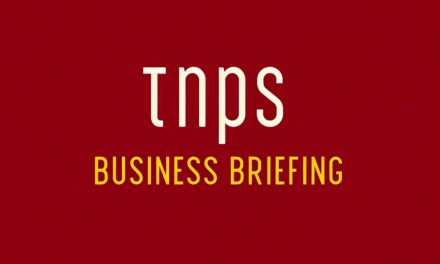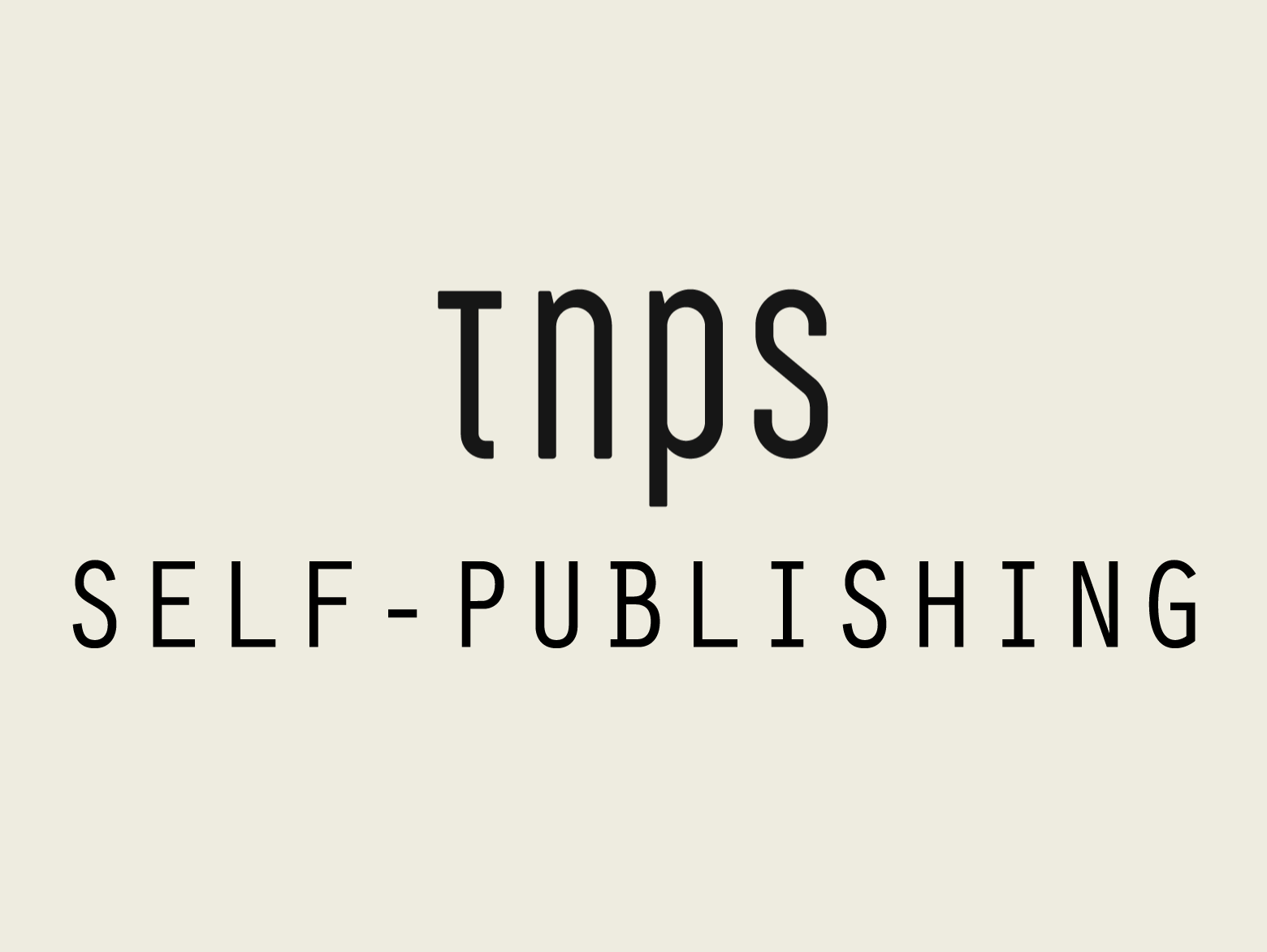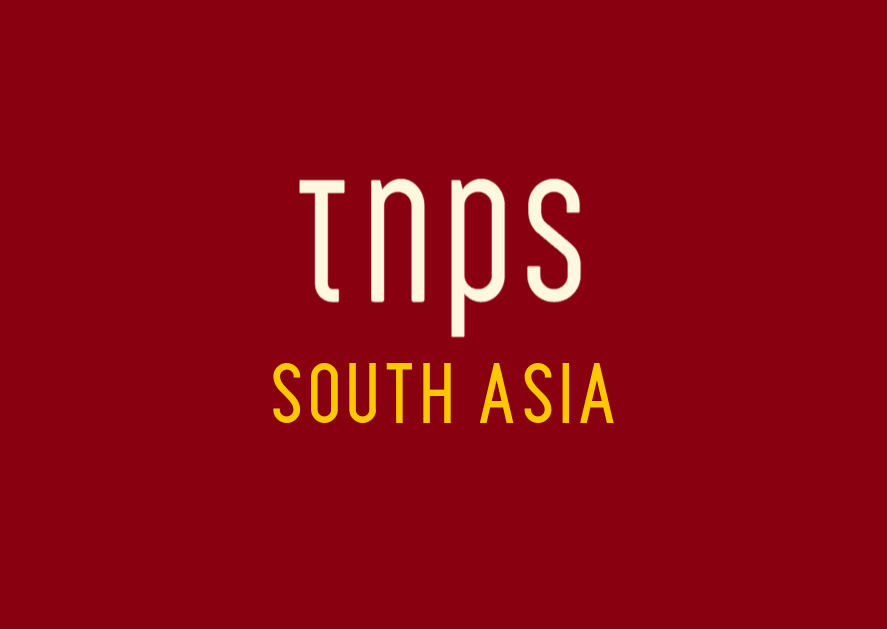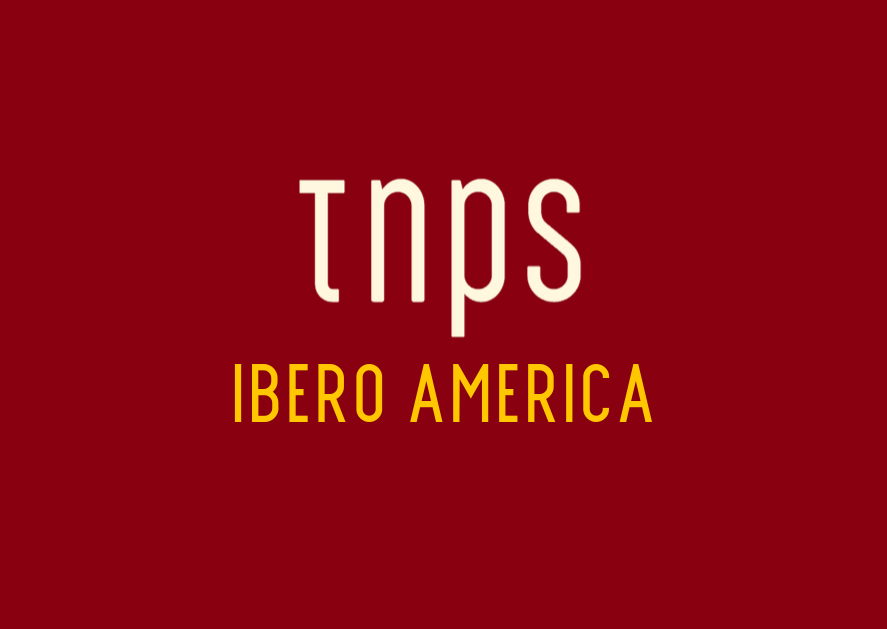Table of Contents
The Hot Sheet is a publishing industry news-sheet for authors, produced every two weeks by Porter Anderson and Jane Friedman, and reviewed here every other Sunday (when possible) as one of the best bi-weekly industry overviews available to authors.
We’re not interested in delivering breaking news, but perspective on stories that are likely to retain meaning for your long-term decision making. We provide distance and nuance on complex issues that affect all authors, whether traditionally published or self-published.

With Frankfurt dominating the news this past week, the fortnightly Hot Sheet provided a refreshingly broader range of publishing insights.
That said, one half of The Hot Sheet is Porter Anderson, who is Editor-in-Chief of Publishing Perspectives, the industry journal of Frankfurt Buchmesse, so naturally Frankfurt got some coverage.
Frankfurt Book Fair 2018: Warm, Sunny, and Politically Charged
The world’s largest trade show for the international book industry, Frankfurt Book Fair, was a determinedly political affair this year, and many authors’ participation fell into that category, too. Although trade professional attendance was slightly down, public visitors—perhaps encouraged by warm and sunny weather—increased. Wherever they were in the sprawling complex, attendees found political issues and current-affairs themes galore.
I particularly appreciated that opening – “The world’s largest trade show for the international book industry” – as one of the constant themes here at TNPS has been tracking the many book fairs and festivals around the world that pass largely unnoticed by the western publishing industry media, many of which dwarf Frankfurt in terms of visitor attendance.
But as a trade event Frankfurt continues, for now, to lead the way. As I’ve explored before here at TNPS, the centre of publishing gravity is shifting inexorably away from the Trans-Atlantic power axis that marked the last century.
In the digitally-driven world of today the USA remains, for now, the single largest publishing market, but as Frankfurt shows, Europe and eastwards is where the power and innovation is centred, and the deadweight of the US is more than balanced not just by the other publishing market heavyweight, China, but by the continuing rise of the power bases of the nascent markets, one of which we will see in action later this month when the Sharjah International Book Fair kicks off.
Frankfurt has of course received enormous volumes of coverage from all quarters in the global publishing industry (something quite unimaginable for, say, the New York or London events) and for that reason alone I’m going to skip the Frankfurt highlights and move on to some other pivotal Hot Sheet stories.
Barnes & Noble Is Up for Sale
We would really prefer not to be writing about Barnes & Noble again, but it keeps finding its way into headlines. In July, the largest US chain bookstore fired its CEO, who had been in the job for barely a year. Then, in August, the ex-CEO filed a lawsuit that revealed that a deal to sell the bookstore fell through just prior to his dismissal.
Now, Barnes & Noble “has decided to enter into a formal review process to evaluate strategic alternatives for the company.” Apparently there are more potential buyers who have interest in acquiring the long-suffering retailer.
The Hot Sheet rounds up some industry responses to the news, but I’ll skip here to the Hot Sheet’s bottom line:
Publishing-industry publications are quick to point out that B&N has put in place shareholder rules that essentially allow chairman Len Riggio—who currently owns about 20 percent of B&N shares—to approve any new owner. Shelf Awareness says, “The most likely interested parties besides Riggio are investment firms.” Michael J. de la Merced of The New York Times observes, “With Barnes & Noble currently valued at just under $400 million, a takeover would be relatively inexpensive—so finding a buyer with deep-enough pockets could be easy. But any acquirer will need a compelling strategy for fixing the bookseller’s fortunes. Finding one of those will be much harder.”
The Hot Sheet carries an excellent overview of how Wattpad is rolling out paid content in selected markets. Sorry, but you’ll have to read the OP for that. Suffice here to say the four markets are mostly not where you might expect. Canada, the UK, Mexico and the Philippines are where Wattpad is beta-testing this new feature.
Moving on, and next we have,
Bowker Sees ISBN Growth in Self-Pub, 50 Percent Gains for CreateSpace
This is of course Bowker’s million self-publishers, a report that attracted more than its fair share of ridicule from indie quarters, where Bowker’s questionable pricing system does self-publishers no favours and, some would argue, drives self-publishers to Amazon.
But let’s let Anderson and Friedman take up the story.
You may have noticed recent headlines claiming that self-publishing output exceeded 1 million titles in 2017. Those figures come from Bowker, the agency that issues ISBN numbers in the US. Bowker now releases an annual report on the self-publishing activity they are able to capture via ISBN use.
But the number of titles published isn’t really as interesting as the more detailed information they release. For instance, last year we noted that CreateSpace is completely dominating self-publishing output. And this year is no different.
As of last month, CreateSpace and KDP Print have merged. For all intents and purposes, you can consider them one and the same for this report, where CreateSpace now has more than 85 percent of the total self-published print market, up from 80 percent last year. By the numbers that Bowker can count, that’s 751,924 CreateSpace print ISBNs out of 879,587 print ISBNs in all. CreateSpace’s output, as measured by Bowker, jumped by an eye-popping 50 percent in 2017, with other major service providers for print declining.
We do offer two important caveats here:
First, ISBN figures are not market-size figures. Many authors self-publish without obtaining an ISBN, and all Bowker can count is ISBNs. Still, Bowker’s report is important because it’s one of the few consistent and reliable data points we have. What’s more, it breaks out the number of ISBNs used by specific self-publishing service providers—and that is where the real story gets told.
Second, Bowker cannot see IngramSpark’s output. Authors must buy and use their own ISBNs with IngramSpark print and ebook distribution. We mention this because it’s likely that IngramSpark is a key competitor to Amazon’s CreateSpace, but ISBNs generated through IngramSpark are not being counted by the Bowker protocol. Instead, those fall under the “small publisher” designation.
At which point, an important caveat to the caveats. When, as Data Guy’s BookStat does, we class CreateSpace as a publisher we inadvertently warp the perspective on the balance of power in the US publishing market.
In Data Guy’s BookStat-derived Author Earnings Report from January 2018 CreateSpace is counted as the fifteenth large publisher in the US by revenue. This is actually a complete nonsense.

Leaving aside the A-Pub titles published by Amazon’s own imprints through CreateSpace, all these CreateSpace titles are being published by indie authors or small presses.
Amazon is not putting the money up front to procure, edit, format and publish these titles. Individual authors and small presses are. That’s why we call it self-publishing.
CreateSpace is a publishing platform, not a publisher, something Data Guy warily acknowledges as per the image, while simultaneously placing CreateSpace alongside actual publishers to further the Amazon-centric BookStat/Author Earnings agenda.
Okay, back to the Hot Sheet:
In terms of ebook counts, we’re always on less stable ground, as indie authors do not need an ISBN to publish and sell their ebooks at Amazon. (In print, ISBNs are often key to being found by bookstores, libraries, and other outlets.) For what it’s worth, Bowker sees an overall decline of 13 percent in ebook ISBNs in 2017. Smashwords saw a 2017 drop of 16.5 percent in ebook ISBNs after recording a 15 percent drop in 2016. BookBaby reported a 17 percent decline in ebook ISBNs.
I would add there that authors also do not need ISBNs to sell ebooks via Kobo, Nook, Apple or Google Play.
But the big problem left unaddressed here is Bowker’s pricing policy, where a self-publishing author faces paying $125 for a single ISBN.
Under Bowker rules, to publish one title as a Mobi ebook for Amazon, an epub ebook for other outlets, and a print version will set the author back $375.
But for a bigger publisher wanting, and having use for, one thousand ISBNs, Bowker will charge $1,000 for the lot. As in $1 each.
To me, the surprise in Bowker’s numbers is that so many indies are willing to use Bowker at all, given there are so many work-arounds.
Okay, now to wind-up, leaving many Hot Sheet items unmentioned, with a report on an American aggregator that , perhaps also surprisingly, didn’t get a mention in the Bowker ISBN report: Draft2Digital.
Mark Lefebvre Joins Draft2Digital
At which point, full disclosure. The New Publishing Standard, while editorially independent, exists thanks to Antonio Tombolini Editore, part of the Italian ebook aggregator StreetLib.
This has caused me to shy away from reporting on aggregator news over the past year, as anything I might say about a third party distributor might be open to misinterpretation.
But this is a significant news item that has not been widely covered beyond the Hot Sheet, and deserves mention.
Here’s how the Hot Sheet covered the story (excerpted):
Authors who are familiar with Mark Lefebvre’s work as the founding director of Rakuten Kobo’s Writing Life—Kobo’s self-publishing platform—will be interested to know that Lefebvre now is joining Draft2Digital as its incoming business development director.
Lefebvre, who publishes fiction as Mark Leslie, spoke with Hot Sheet last November as he left Kobo and now says that the distance from that six years of work—where he developed high regard for Kobo and its people—has given him some helpful perspective. “In the same way that my previous role in the creation of Kobo Writing Life was, at the time, the perfect job for me, this new role at D2D fits me like a glove. It perfectly matches my passion, my desires, and my expertise.”
At D2D, those assets will be contributing to his work both with company partnerships and authors. “It’s the crossover of both author-facing and partnerships that makes this role ideal for me,” he says, adding that he’s attracted by the collaborative leadership style at D2D. Based in Waterloo, Ontario, Lefebvre says his goals include “bringing more of a presence for D2D to Canada” (D2D is based in Oklahoma City) and involving author communities that he’s a part of.
The Hot Sheet further reveals that,
D2D’s suite of services has been expanding. In September, they announced they’ll soon launch D2D Universes, which picks up where the now-closed Kindle Worlds left off. Writers who were with Kindle Worlds are being given first access to D2D Universes, which should be available to a wider author base in about a month, he says. They’re also testing a print-on-demand service, D2D Print, which they hope will attract those authors unhappy with Amazon’s switch from CreateSpace to KDP Print. Lefebvre says the company hopes to have an announcement and launch for that by the end of the year.
At which point let’s switch to my The View From The Beach perspective.
I’ve been following Mark Leslie Lefebvre’s career at Kobo since its inception and value Mark as an e-friend and as one of the most significant players in the modern ebook market.
This is a sound move by Draft2Digital and will help consolidate D2Ds position as one of America’s foremost distributors. It raises the bar for rival aggregators PublishDrive and Smashwords, also based in the US (PublishDrive originated in Hungary but moved wholesale to the US to focus on that market).
StreetLib, just to add, has a US office but is based in Italy and has a wider global focus than the others.
And that raises a point of interest here.
As the US ebook market approaches saturation so the US-focussed aggregators are increasingly going to fight one another for market share, and while a little competition can be good for all parties, a dog-eat-dog future looms where the survival of one will be at the expense of another.
I’ll keep my predictions to myself as to which parties may fall by the wayside, but would say that Kris Austin’s decision to headhunt Mark Leslie Lefebvre puts Draft2Digital in a very strong position to become the dominant ebook aggregator in North America in the next decade.
The big question is whether Lefebvre, given his international perspective from his Kobo days, can convince Draft2Digital to look again at the bigger international picture.
But I suspect for the next few years at least Draft2Digital will stay focused on usurping its biggest rival, Smashwords, as North America’s primary indie-friendly distributor.
At which point I come back to the very reason I stopped covering aggregator news in the first place – that by focusing on one I have been forced to neglect meaningful mention of the others.
Plenty more in the Hot Sheet but I’ll end with this image that Anderson and Friedman cropped from the Digital Book World presentation by Data Guy, as part of his BookStat promotion.

Anderson and Friedman summed up my feelings perfectly when they remarked,
Take it all with a grain of salt, as the figures are extrapolations based on Amazon ranking.
And just to add that it’s not just this part of the BookStat slide show that needs to be taken with a grain of salt.
Later this week here at TNPS I’ll be taking a closer look at the BookStat slide show and highlighting some disturbing irregularities in the numbers Data Guy is showing us.
NB: The New Publishing Standard does not carry affiliate links and we receive no compensation from any mention of any service, paid or otherwise.





